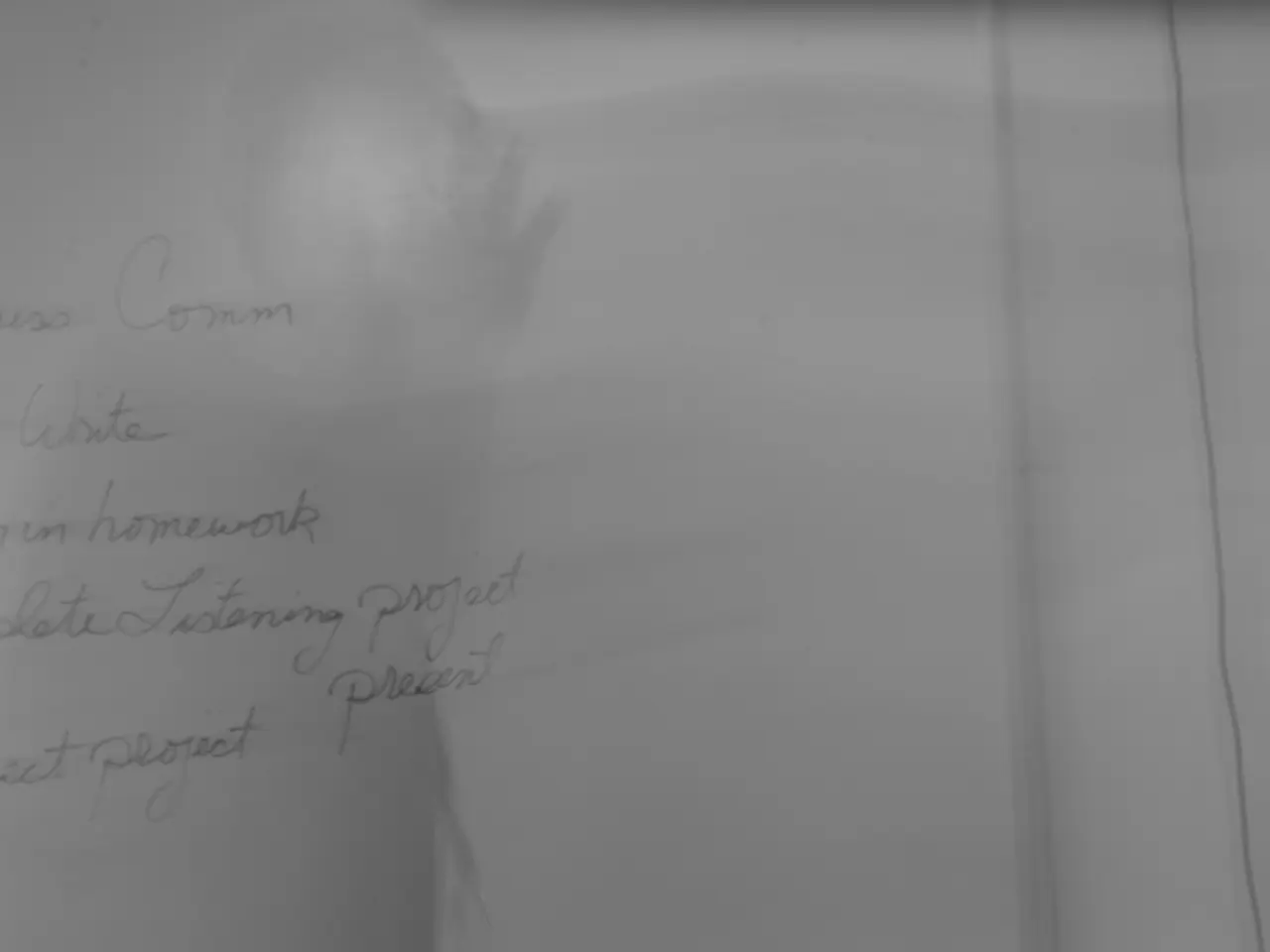Patent Ethics: Striking a Balance Between Creativity and Righteousness in Intellectual Property Rights
In the rapidly evolving world of patent law, ethical concerns are at the forefront of global debates. The focus is on striking a balance between maintaining strong innovation incentives and ensuring equitable access, preventing exploitative practices, and adapting to technological advancements.
Access to Medicine
The tension between patent protection and affordable access to drugs, particularly in the pharmaceutical industry, is a contentious issue. Patent thickets, dense clusters of overlapping patents, in markets like the United States delay the entry of biosimilars and keep drug prices high, limiting patient access and burdening healthcare systems.
Contrasting approaches, such as the European Patent Office’s stricter novelty standards and India’s protection against secondary patents, aim to curb frivolous patents and improve access, highlighting ethical concerns about how patent law can perpetuate monopolies to the detriment of public health.
Biopiracy
Biopiracy, the unauthorized use of biological resources and traditional knowledge, raises significant ethical considerations in patents, particularly concerning ownership and benefit-sharing. This area requires stronger international frameworks to ensure equitable benefit-sharing, aligning with principles of sustainable and ethical innovation.
Sustainable Innovation
There is a movement toward patent systems that reward genuine, breakthrough inventions rather than strategies that prolong exclusivity through incremental patents. Some regions are reforming patent examination standards to enhance patent quality at the source, thus discouraging patent thickets and promoting sustainability in innovation ecosystems.
Patent Trolls
Patent trolls, entities that enforce patent rights aggressively without intending to develop the inventions, pose ethical challenges by stifling innovation and increasing litigation costs. Broader reforms around patent quality and litigation are suggested to address such issues.
Future Directions in Patent Ethics
Emerging models like the Patent Prosecution Highway and accelerated patent grant programs signal a trend toward international harmonization and work-sharing that could improve patent quality and reduce redundant examination.
AI technologies are becoming central in patent law practice, not only enhancing efficiency but also raising new ethical considerations around transparency, fairness, and explainability of AI-related patents. Ethical AI patents are rapidly growing, reflecting an awareness of accountability and bias in innovation.
WIPO’s recent three-year plan to discuss Standard Essential Patents (SEPs) highlights future focus areas related to balancing patent rights and public standards, likely involving ethical considerations around licensing fairness and innovation access.
Embracing Sustainable Innovation Practices
Future directions in patent ethics will increasingly focus on the intersection of technological advancement and social responsibility, with an emphasis on equitable access to patented innovations, particularly in healthcare, and the environmental impact of patents.
Sustainable innovation practices aim to create products and processes that protect ecological integrity while promoting a circular economy. Patents significantly influence public health by dictating the accessibility and affordability of medical innovations, raising ethical concerns about equity and access to critical treatments.
Ethical dilemmas frequently arise within pharmaceutical patents, particularly concerning drugs essential for combating diseases in poorer regions, where patent rights restrict generic competition and delay access to affordable medications.
As we navigate these complex ethical landscapes, the need for a multi-faceted approach that reconciles the need for innovation with ethical obligations to public health, emphasizing policies enhancing access while respecting patent rights, becomes increasingly apparent. Balancing innovation and ethics in patents necessitates careful examination of potential societal impacts, upholding ethical principles to serve the greater good.
- In the pharmaceutical industry, the tension between patent protection and affordable access to drugs, particularly for medical-conditions in poorer regions, raises ethical questions about equitable access to critical treatments, a problem exacerbated by patent thickets that delay the entry of biosimilars.
- In the realm of intellectual property, there is a growing emphasis on sustainable innovation practices, such as rewarding genuine, breakthrough inventions and promoting equitable access to patented innovations, particularly in health-and-wellness, to address ethical concerns about equity and the societal impact of patents.




